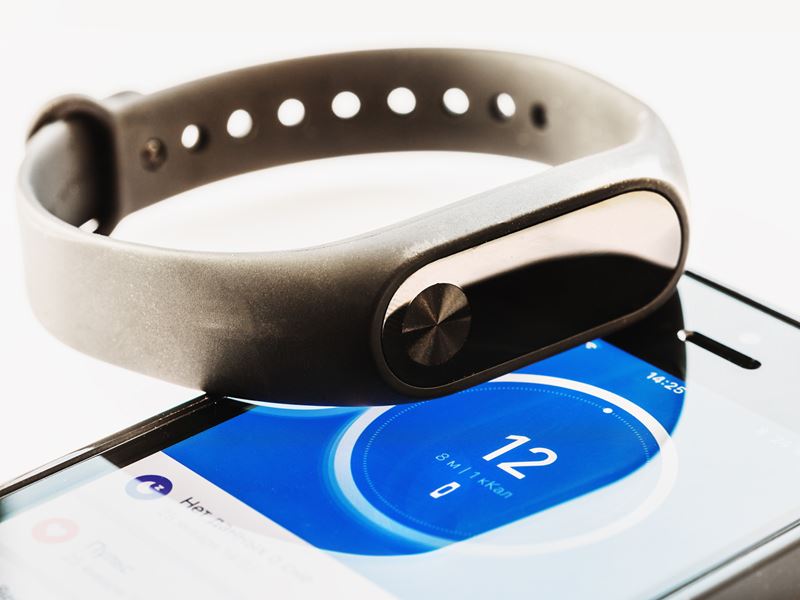Giving longer life to wearable batteries
Scientists in South Korea have developed a novel reserve battery that combines long shelf life with flexibility and could have useful applications in wearable devices.
The growing popularity of wearable devices for leisure activities, professional sports and monitoring medical conditions has led to increasing interest in the development of batteries that are flexible enough to sit inside such devices. Until now, most research in this field has concentrated on modifications to the ubiquitous lithium-ion batteries found, for example, in mobile phones. However, these batteries – like the alkali ones in torches and alarm clocks – can self-discharge, particularly when left unused for a long time.
Reserve batteries that are only activated when needed provide an answer to this problem by combining the advantages of long life and flexibility. However, such a battery has never been produced – until now. In an article published in the journal RSC Advances, a group of researchers in South Korea describe a reserve battery activated by the injection of ordinary inorganic solutions, which is flexible enough to be folded.

Any battery, however simple or complex, must consist of a cathode, an anode and a separator. Do-Hyun Kim and Gyu Tae Kim from the School of Electrical Engineering at Korea University in Seoul developed their battery using a paper cathode made from cellulose and multi-walled carbon nanotubes, with a thin sheet of aluminium for the anode and an ordinary lab tissue for the separator. A voltage was generated by injecting a simple inorganic solution as an electrolyte: dilute potassium hydroxide (caustic soda). This produced the highest voltage of 1.3V, which is only slightly less than the 1.5V produced by standard alkaline batteries including the commonest size, 'AA'.
The researchers found that folding and even crumpling the batteries did not degrade their performance, a property that suggests they would be ideal for wearable applications.
Article details
Foldable water-activated reserve battery with diverse voltages
Do-Hyun Kim, In-Yeob Na, Duck Hyun Lee and Gyu Tae Kim
RSC Advances, 2020, 10, 402-410
DOI: 10.1039/c9ra09401f
Press office
- Tel:
- +44 (0) 20 7440 3351
- Email:
- Send us an email
